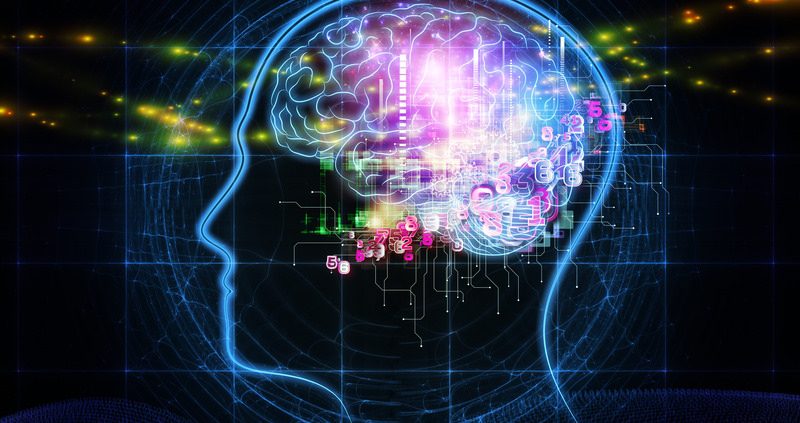Could automation show we’re not hard-wired to work?
The coming automation revolution will have a profound effect on our economies and societies, and one of the most important questions being asked is what will people do when AI takes their jobs?
It was a problem first addressed by economist John Maynard Keynes, who back in 1930 suggested that within a hundred years, the rise in productivity, combined with technological breakthroughs, could lead to a world in which no-one would need to work more than 15 hours a week. Keynes worried what would happen to us as a species if we were deprived of what he described as our ‘traditional purpose’, by which he meant the urge to work.
Despite the fact that advances in productivity and technology mean the utopia that Keynes envisaged could be a reality, most of us are still working as hard as ever, and work still defines us in a significant way, shaping everything from our self-worth to our social status, and concerns about work or losing work play a major part in our politics.
Yet science shows us that this urge to work is not a natural part of being human. For evidence of this, we only have to look at hunter-gatherer societies. Research conducted in the 1960s among Bushmen of the Kalahari showed that despite the inhospitable nature of their surroundings they were able to earn a good living yet worked around 15 hours a week. Other studies showed that their attitude to work was influenced most strongly by their belief that the environment would provide for them. They didn’t store supplies and had few needs.
The shift to agriculture led to humans being able to produce more food, but it also put us at risk from new threats, from crop failure to diseases spread by livestock, and the only way to insure against these risks was to work harder. As farmers will attest, the amount of food you can extract from your fields depends on how much time and energy you put into working them.
But the automation revolution is a moment as significant as the agricultural revolution. In the world’s wealthy countries, we are able to enjoy lives of material plenty and we are producing so much food that we are forced to throw much of it away. Yet we remain obsessed with the idea that everybody has to be productive, and this obsession threatens us and our planet.
Many of the strategies devised to cope with the effect of automation tend to focus on finding new work for people to do. But this could, instead, be an opportunity for us as a species to recognise that we are not hard-wired to work by genetics, and that we need to rethink our approach to work.







